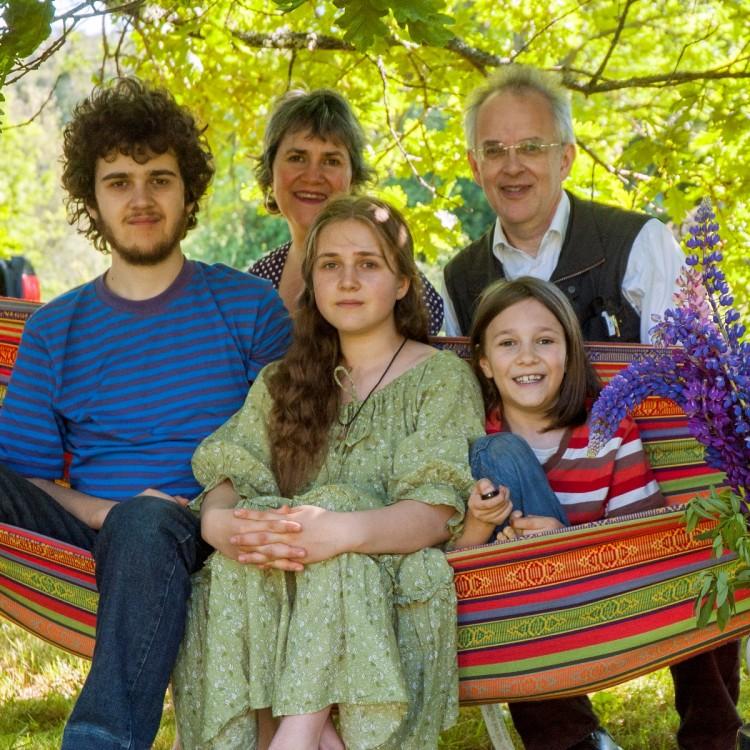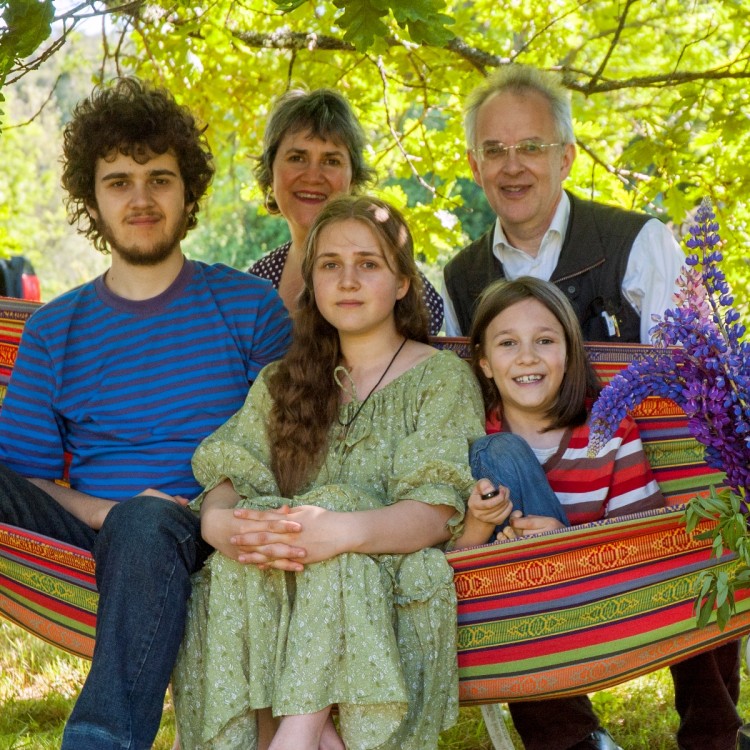GOTHENBURG, Sweden—When the words political refugee are mentioned, Sweden is probably not the first country that comes to mind. But a small number of Swedish families have taken the drastic step to leave their country rather than face heavy fines and other punitive government action for their choice to homeschool their children.
Jonas and Tamara Himmelstrand’s homeschooling experience began in 2002 when they found that their oldest son, Jakob, had a learning disability and could not cope in his local school in the city of Uppsala in central Sweden
They were allowed to teach him at home, following a special curriculum, and they had very good results. Three years later, when their daughter Rebecka was going to begin first grade, they wanted her to study at home as well.
This was allowed to go on for three years, but in 2008, things suddenly changed. They now had to apply for a homeschooling permit, and they were denied. When they persisted with their home education, they were fined $27,000. Later, they were fined an additional $15,000.
In November 2011, staff from the municipal school reported the Himmelstrand family to social services when their then 7-year-old son Mikael did not come to school. They were told that, although it was not very likely, their children might actually be taken into custody. This threat eventually prompted the family to leave the country for the small Finnish island of Aland in the Baltic Sea.
“We have fought this battle for a long time. We decided to move at the end of a three-and-a-half-year conflict, with applications and appeals,” Jonas Himmelstrand said.
The family is now one of about a dozen Swedish families who have moved to other Nordic countries, such as Finland and Denmark, in order to be free to choose how to educate their children.
Home education used to be allowed in some Swedish municipalities, but with stricter regulations implemented in 2011, it is now virtually impossible to get a home education permit in Sweden. Sweden and Germany are the only two EU countries that do not allow home education.
According to the U.N. special rapporteur on the right to education, this obligation to send children to a school is not in line with the U.N.’s Universal Declaration of Human Rights. Countries other than Sweden interpret the declaration as “children must be educated,” not “children must go to a school,” according to Himmelstrand.
“It is a very humiliating thing to have to leave your own country. I don’t think anyone who hasn’t been in this situation can understand,” said Himmelstrand.
Therese Wallqvister, political adviser for Sweden’s Minister of Education Jan Bjorklund, said that the government will not comment on individual cases, but she instead gave a general comment. “Since education in schools must be comprehensive and unbiased, and composed in such a way that all students are able to participate, there is no need for any amendments that allow for home education because of any religious or philosophical views,” she said.
Home education creates a very creative environment, where each day is unique, Himmelstrand said.
“The children seek knowledge themselves, and parents function as mentors. This is what ordinary schools aspire to do, but fail. In a home environment, it works” Himmelstrand said, going on to describe a typical “school day” in their household.
“Every day, they study a certain subject for a couple of hours. You have to push them a bit when it comes to some subjects. Mornings are usually a bit more organized, and afternoons a bit more free,” he said.
Jakob, 17, has not yet decided what he wants to be later in life, but Rebecka, 13, wants to be an artist and go to college in America. Mikael, 8 years old, is considering a future career as an engineer.
Aland is an autonomous region of Finland, but the official language is Swedish, so the move was not difficult in that way, Himmelstrand said. He thinks they will stay there.
“It’s close to Sweden, and people here speak Swedish. But we would not have moved here if it weren’t for this situation, so this is still very hurtful, especially all the breakups. My mother is 85 years old, and she is very upset over this. Aland is not a hard place to live, but it is still a different culture,” said Himmelstrand.
The Epoch Times publishes in 35 countries and in 19 languages. Subscribe to our e-newsletter.





